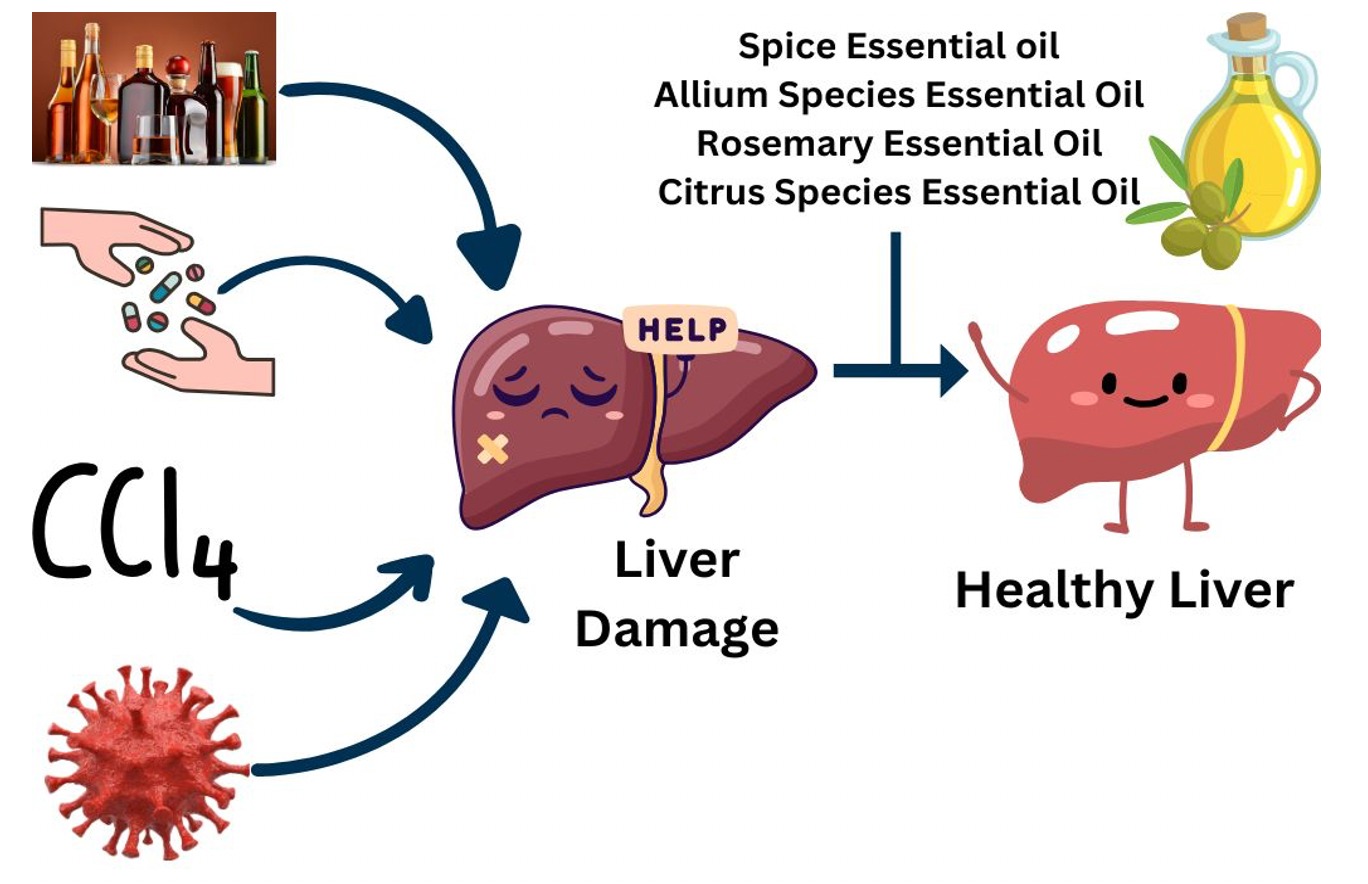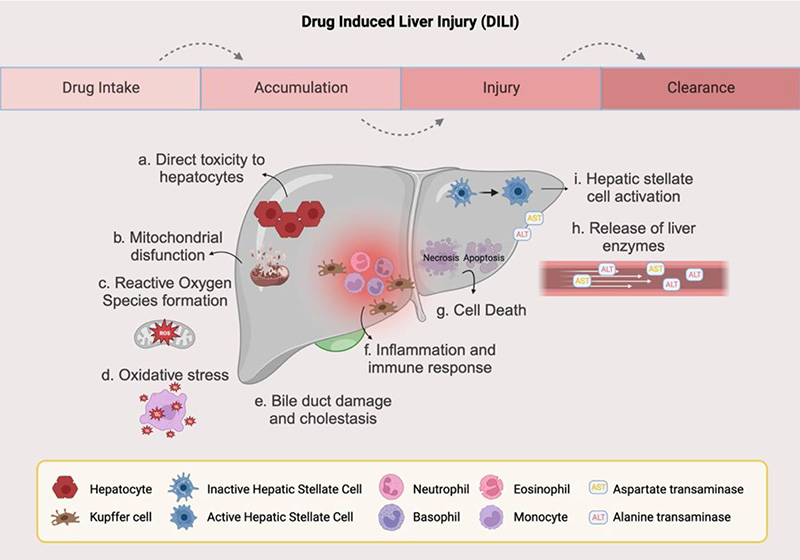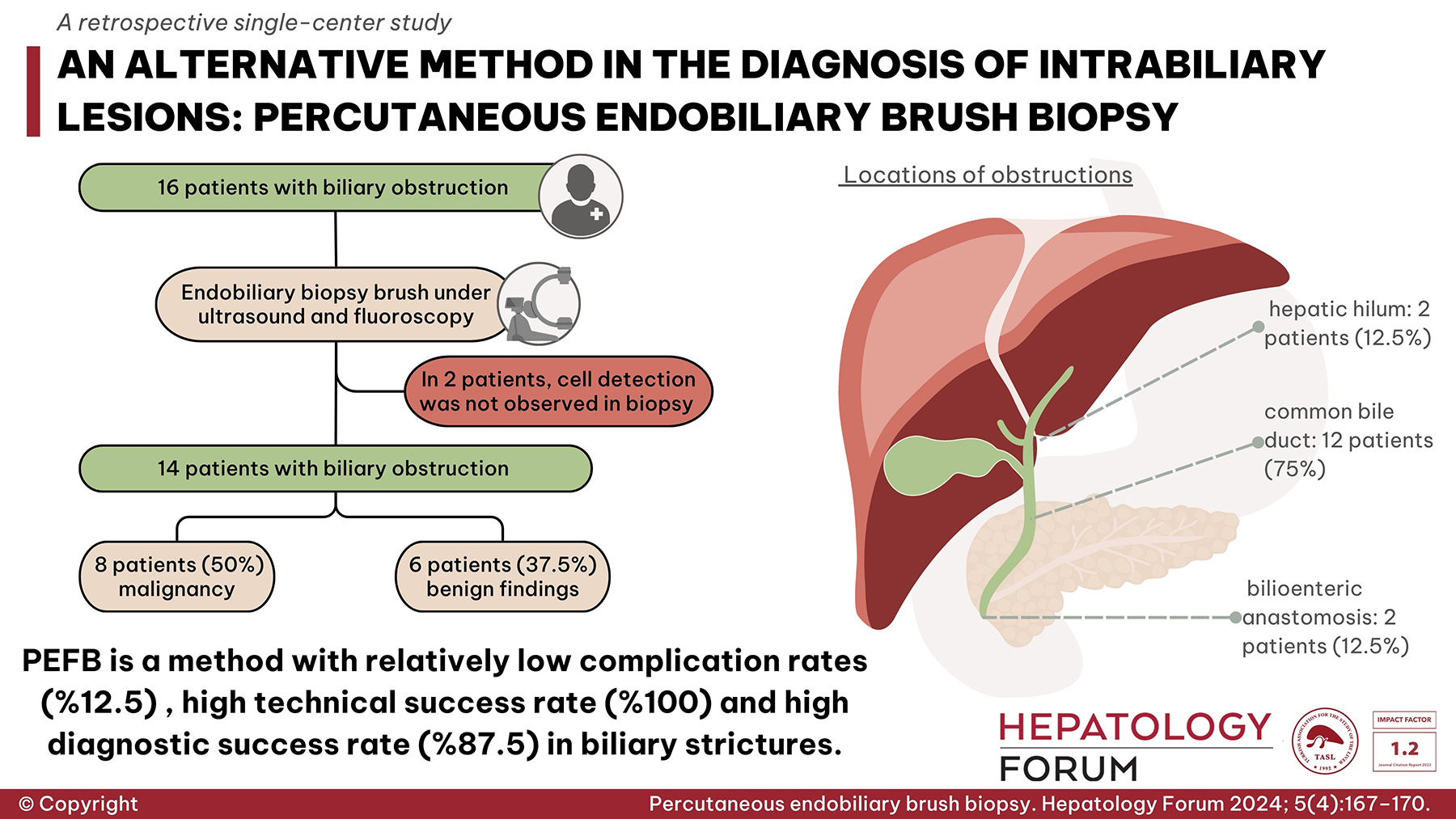2Department of Medical Biology, Marmara University School of Medicine, Istanbul, Turkiye
3Department of Medical Biology, Eastern Mediterranean University School of Medicine, Famagusta, Turkish Republic of Northern Cyprus
Abstract
Coronavirus disease-2019 (COVID-19) is a novel multisystemic viral disease caused pandemic. The disease impact involves liver and associated systems. Undoubtedly, host genetic background influences the predisposition and pre-diction of infection. Variants among human populations might increase sus-ceptibility or protect against severe outcomes. In this manner, rs738409 vari-ant of patatin-like phospholipase domain-containing protein 3 gene appears to be protective in some populations in spite of its aggravating effect on non-al-coholic fatty liver diseases (NAFLDs) and steatohepatitis. DRB1*15:01 allele of human leukocyte antigen is associated with protective effect in European and Japanese populations. DRB1*03:01 contrarily increases the susceptibility of severe COVID-19 infection in European populations. rs1260326 in glu-cokinase regulatory protein gene, rs112875651 in tribbles homolog 1 gene, rs429358 in apolipoprotein 1, and rs58542926 in transmembrane 6 superfam-ily 2 alleles are found related with NAFLD and obesity; thus, hypercoagu-lability and severe COVID-19 outcomes. In chronic or acute liver diseases, comorbid syndromes are the key factors to explain increased severity. There might not be a direct association between the variant and severe COVID-19 infection. As it is concluded, there are genes and variants known and unknown yet to be studied to reveal the association with disease severity.





 Eren Sahin1
Eren Sahin1 









